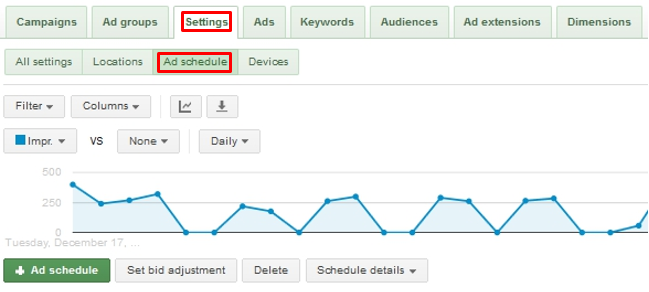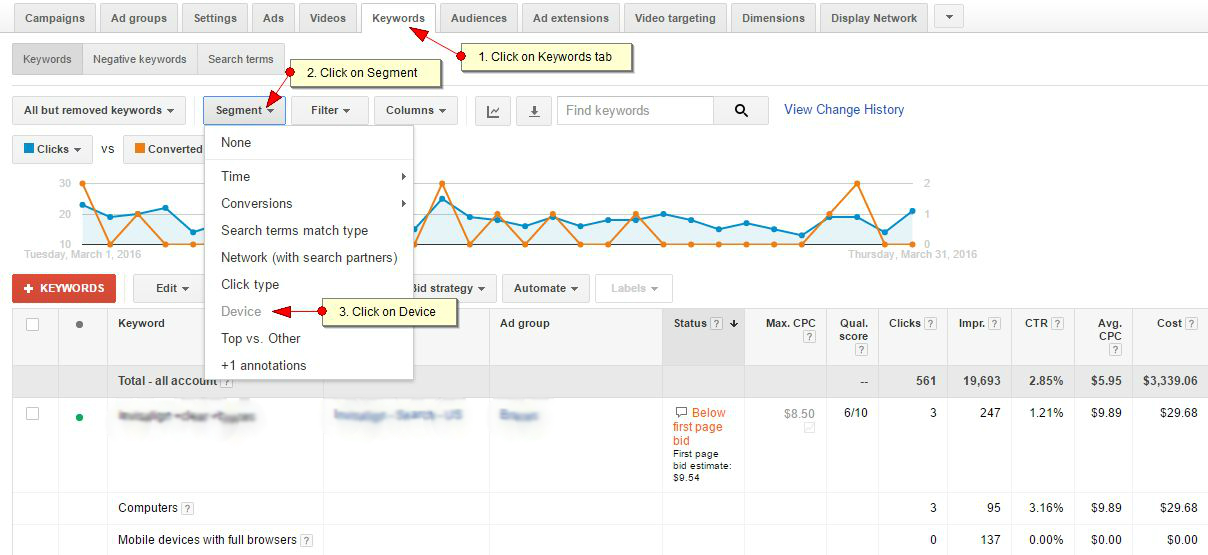

In an effort to make PPC more beneficial and effective on different devices, Google announced Enhanced Campaigns on February 6, 2013, and coupled devices together. The move was more focused on developing mobile-first campaigns, which Bing also followed.
Though it was a good move at Google’s end, the PPC world was not that pleased. The device coupled campaigns offered mobile-specific messaging but it affected mobile/tablet-only keywords targeting. Further, the PPC professionals were also facing problems in setting budget by the device.
Looking at the problems faced by advertisers, Google reversed this change and allowed them to use device bid modifiers, which brought back device specific campaigns. Undoubtedly, device specific campaigns have some benefits, that’s why Google had to take back its decision. But PPC advertisers explain both the pros and cons of device specific PPC campaigns. Let’s have a look at them to understand their importance and right usage for maximum benefits.
Isolate growing devices: After the changes, non-desktop volume showed noticeable rise with no signs of slowing down in near future.
Bid adjustment on the basis of device measurement: All the devices including mobile, tablet and desktop show different performance measures. When measured a sample of a dozen of enterprises, it was found that mobile PPC traffic increases on weekends and in the evening while desktop shows more clicks in midday. It helps the advertisers adjust their device by the time of the day.
Device specific messaging: Going with the performance measures, it is clear that different searchers have varied needs and patience depending on their devices. Further, the feature of voice search on mobile has changed searcher behavior, which requires marketers to target a separate keyword set to get better results.
Performance-based budgeting: Marketers call it the biggest feature of device specific PPC campaigns. It allows them to distribute their budget as per their convenience and targeted devices.
Increased complexity: Device specific campaigns increase your work three times as you have to monitor the performance of campaigns of three different devices. More than monitoring, it is increased adjustment that yields a larger time investment.
No technical support: Google might acknowledge device specific campaigns but it does not offer any technical support. You need to blend different things like back-end settings and others to ensure full functionality with the bidding platforms.

Device specific PPC campaigns have their own benefits, provided, you keep a few things in the mind. Here are a few tips to gain maximum benefit from device specific campaigns.
Base device per campaign: Focus on the top volume driver and make it the base for the campaign. For instance, if a campaign is 60% mobile, clone it twice and dedicate the other two to desktop and tablet.
Bidding: Keep your previous mobile modifiers and conversion rate in the mind while setting new bids. If you have doubt on old modifiers, you can set new bids on the basis of conversion rate with a small buffer.
Tracking setting evaluation: Don’t forget to evaluate marketing messages and tracking setting before data collection. You need to ignore all tracking URLs and need to start over again with new device specific campaigns.

After having a look at the above points, we can say it is not mandatory to invest in device specific PPC campaigns. But to gain more profits and conversion, you should consider them. This might not be a right choice for every campaign and keyword, but for a few advertising campaigns, this can generate really amazing benefits.